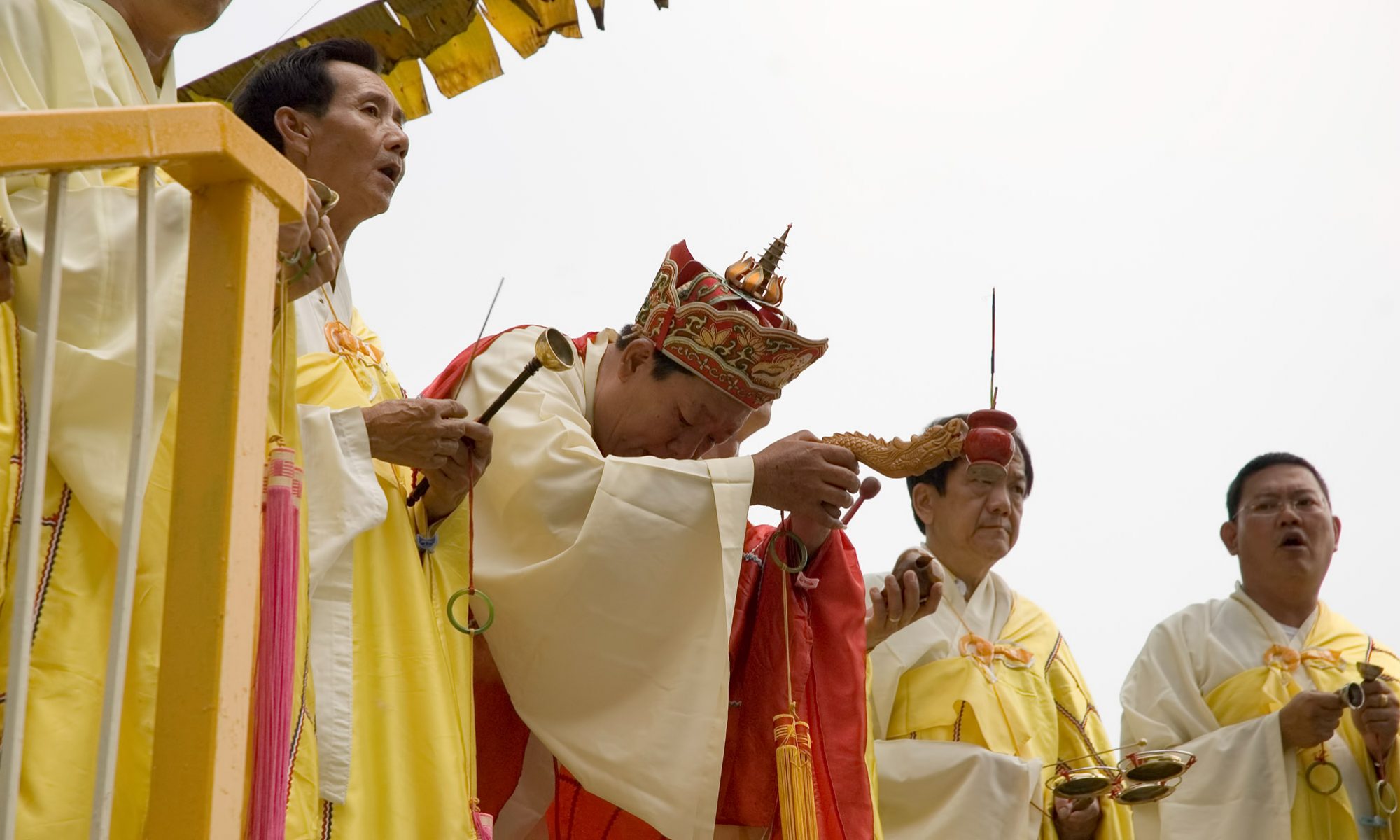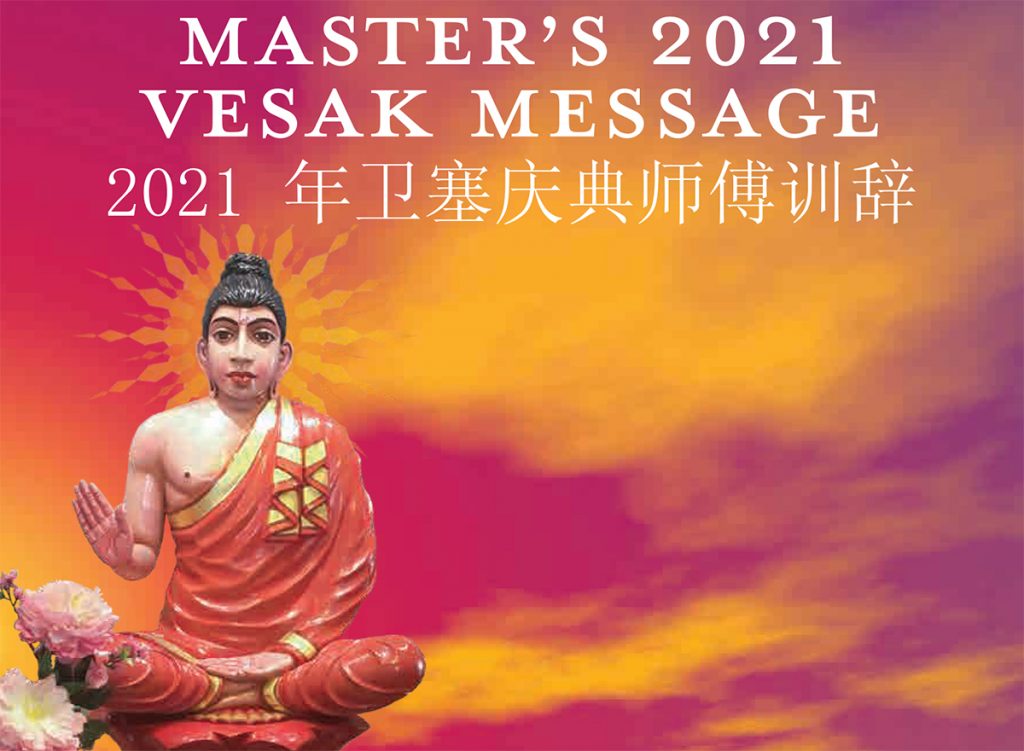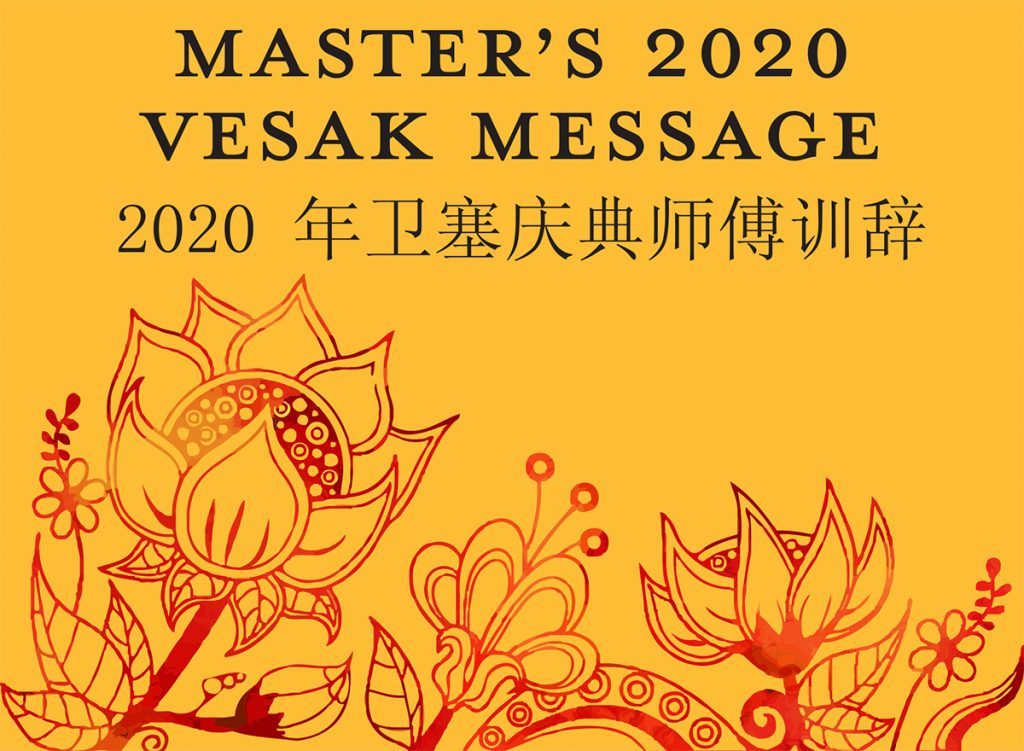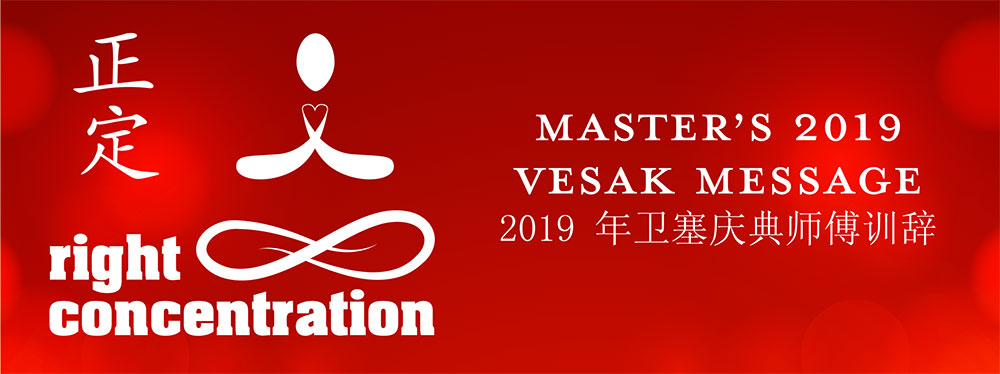
Right View (Part 1): The Beginning of the Path
攣숨(뒤寧꼬롸):돛쨌돨폅듐
正见(第一部分):道路的起点
Vesak is a time when we remember the birth, enlightenment, and passing of the Buddha. It is a celebration of awakening—of the moment the Buddha saw clearly into the truth of life and became free from suffering. This clear seeing is what we call Right View. It is one of the steps of the Noble Eightfold Path.
卫塞节是我们纪念佛陀的诞生、觉悟和涅槃的时刻。这是一个觉醒的庆典——佛陀在那一刻清楚地看见生命的真相,并从痛苦中解脱出来。这种清晰的看见,就是我们所说的正见。它是八正道中的一步。
So what is Right View?
那么,什么是正见呢?
Some people think it means having the “correct opinion” or the “right belief.” But that is not what the Buddha meant. Right View is not about winning an argument or being clever. It is not something we accept once and never question again.
有些人认为正见是拥有“正确的看法”或“正确的信仰”。但这并不是佛陀的本意。正见并不是为了赢得争论,也不是聪明的表现。它不是我们接受一次就无需再思考的事情。
Right View is the gentle, growing ability to see things as they truly are. And our view will broaden as our understanding of life deepens.
正见是一种温柔且不断成长的能力,让我们如实地看见事物。随着我们对人生的理解加深,我们的视野也会随之开阔。
Right View begins with understanding that our actions have consequences. When we speak or act with kindness, patience and wisdom, we create peace in our lives and with others. When we act with greed, anger or ignorance, we create suffering. This is the law of karma. Many of us already understand this in our daily lives—that what we do matters.
正见从理解“我们的行为有后果”开始。当我们以善意、耐心和智慧说话或行动时,我们会为自己和他人带来和平。当我们出于贪欲、愤怒或无明而行动时,我们就会制造苦。这就是业力的法则。我们许多人在日常生活中已经体会到:我们的行为确实会带来影响。
But the Buddha’s teaching on Right View goes deeper. He taught us to look clearly and understand:
– That suffering is part of life—not because we are bad or unlucky, but because we hold tightly to what is always changing.
– That suffering has a cause—our cravings, our clinging, our mistaken ideas.
– That it is possible to end suffering.
– That there is a path that leads to freedom.
但佛陀对正见的教导还有更深的层次。他教导我们要清楚地看见并理解:
– 苦是生命的一部分——不是因为我们不好或不幸,而是因为我们执着于变化无常的事物。
– 苦是有原因的——我们的渴求、执着和错误的想法。
– 苦是可以止息的。
– 有一条通往解脱的道路。
These are the Four Noble Truths. Seeing them clearly is the deeper meaning of Right View.
这些就是四圣谛。清楚地看见它们,是正见更深一层的意义。
Some of us may think, “But I’m not a monk or a nun. How can I understand something so deep?”
有些人可能会想:“但我不是出家人,怎么能理解这么深的道理呢?”
But Right View is not only for scholars or spiritual experts. It is something we can all practise, right in the middle of daily life. It starts with being curious. It begins by looking more carefully at our experience.
但正见并不是只属于学者或修行者。它是我们每个人都可以在日常生活中实践的事。它从一份好奇心开始,也从我们对自身经验更细致的观察开始。
Right View is not the same as Right Speech or Right Intention.
– Right Speech asks: “What should I say, and how should I say it?”
– Right Intention asks: “What is my reason for doing this?”
– But Right View asks: “What is really happening here?”
正见不同于正语或正思维:
– 正语问的是:“我该说什么?我该怎么说?”
– 正思维问的是:“我为什么要这样做?”
– 而正见则是在问:“此刻真实发生的是什么?”
It is the part of the path that comes before words, before actions—even before our intentions. It gently asks:
“Am I seeing this clearly?”
“What am I holding on to?”
“Is my opinion tainted by anger?”
“Is there suffering here?”
“Is this permanent, or is it changing?”
它是走在语言、行为,甚至意图之前的修行步骤。它温柔地提醒我们:
“我是否清楚地看见了?”
“我执着于什么?”
“我的看法是否被愤怒影响了?”
“这里有没有苦?”
“这是恒常的吗?还是正在变化?”
In daily life, this might mean noticing how quickly we form opinions. It might mean seeing how we blame others when we are upset. It means asking: “Is it really like this? Or am I seeing it through my habits and fears?”
在日常生活中,这可能意味着我们要察觉自己多快就下了判断。也可能是我们要看见自己在烦恼时,如何责怪他人。我们要问自己:“事情真的是这样吗?还是我带着习气和恐惧在看待它?”
Right View is not about judging others or ourselves. It is calm, steady and kind. It does not expect us to be perfect. It simply helps us see more truthfully, with more compassion.
正见不是用来评判他人或自己的。它是平静的、稳定的、慈悲的。它不要求我们完美,而是帮助我们以更真实、更慈悲的方式看见事物。
When we begin to see clearly—even a little—we start to live differently. We may realise that not everything needs to be fixed or controlled. Some things just need to be understood. When we understand deeply, the situation often changes by itself.
当我们开始看清楚——即使只是一点点——我们的生活方式也会改变。我们可能会意识到,不是所有事情都需要去修正或掌控。有些事,只要理解就够了。而当我们真正理解之后,情况往往会自然地改变。
This is the quiet power of Right View. It helps us live more peacefully, because we are not fighting with reality. We begin to accept life as it is.
这就是正见的安静力量。它帮助我们更安宁地生活,因为我们不再与现实抗争。我们开始接受生命原本的样子。
Vesak reminds us that awakening is not far away. It is not high above us, and it is not only for the few.
It begins with how we see.
It begins with how we live.
It begins, always, with Right View.
卫塞节提醒我们,觉醒并不遥远。它不在高处,也不是少数人的特权。
它始于我们的看见方式,
始于我们的生活方式,
始于正见。









